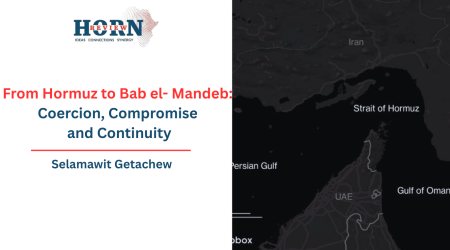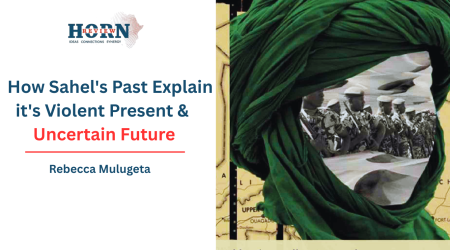
21
Feb
Europe on Edge as U.S. and Russia Forge New Ties
Recent diplomatic maneuvers suggest a dramatic shift in U.S. foreign policy under President Donald Trump, sparking alarm across European capitals. With Washington engaging in direct negotiations with Russian President Vladimir Putin, excluding key allies and even Ukraine itself, officials in Brussels fear a growing U.S.-Russia alignment that could unravel the European Union’s security framework. The absence of European voices at the negotiating table has raised concerns that Washington is making unilateral decisions that could reshape the continent’s geopolitical balance.
A U.S.-Russia Alliance in the Making?
In a closed-door NATO meeting in Brussels, U.S. Defense Secretary Pete Hegseth stunned European leaders by declaring that Ukraine’s goal of reclaiming territories occupied by Russia since 2014 is “illusory.” The statement, interpreted as a signal that the U.S. may back a peace deal favoring Moscow, sent shock waves through European defense circles. Many fear such a deal would embolden Russian aggression, weaken Ukraine’s bargaining position, and destabilize the region by setting a precedent for the redrawing of borders through force.
Chancellor Olaf Scholz of Germany expressed deep concern, warning that Europe must “prepare for a new reality” in which U.S. security guarantees can no longer be taken for granted. Other EU leaders echoed his alarm, with whispers of an urgent need to bolster Europe’s independent defense capabilities. The sentiment is gaining traction among European policymakers, with some calling for increased military spending, the development of a stronger European army, and a more assertive foreign policy that prioritizes European interests over transatlantic dependencies.
Further fueling concerns is Trump’s frequent praise of Putin, along with his direct engagements with key global figures such as Elon Musk, who has reportedly held private discussions with the Russian leader. Fiona Hill, a former U.S. National Security Council official, suggests that these interactions reflect a convergence of powerful interests, bypassing traditional diplomatic channels and creating an opaque network of influence that eludes public accountability.
Observers point to Musk’s significant control over global communications and space technology, raising fears that such private influence could be leveraged in ways that shape geopolitical outcomes outside of government oversight. Some EU officials have even called for greater scrutiny over the role of billionaires in international diplomacy, arguing that their unchecked power could lead to decisions that serve private interests rather than global stability. The intertwining of political leadership with corporate influence has created an unpredictable dynamic that many fear could redefine global alliances in unforeseen ways.
Europe’s Dilemma: Fight Back or Fall in Line?
The exclusion of European nations from critical negotiations has forced EU leaders into crisis mode. As Washington pivots towards a more conciliatory stance with Moscow, analysts warn that Europe must now chart its own course, whether by forging new alliances, increasing defense spending, or adopting a more aggressive stance against Russian influence. The uncertainty surrounding U.S. commitment to NATO has led European leaders to question whether they can continue relying on American military support or if they must take steps toward greater self-reliance.
The European Commission has already hinted at potential policy shifts, including reinforcing economic sanctions against Russia, accelerating efforts to reduce energy dependence on Russian gas, and ramping up cyber security measures to counter potential foreign interference. NATO, meanwhile, is discussing the possibility of expanding its rapid-response capabilities to counter emerging threats, particularly in Eastern Europe. Discussions about a unified European defense force have also gained traction, signaling a possible historic shift in the continent’s military strategy.
With the geopolitical landscape shifting, one question looms large: Is this the dawn of a new world order where America and Russia reshape global power, leaving Europe behind? Or will the EU rise to the challenge, redefine its role on the world stage, and assert its place in the evolving global hierarchy? The coming months may determine whether Europe can forge a path of strategic independence or if it will remain at the mercy of Washington’s unpredictable policies.
By Blen Mamo, Executive Director, Horn Review










